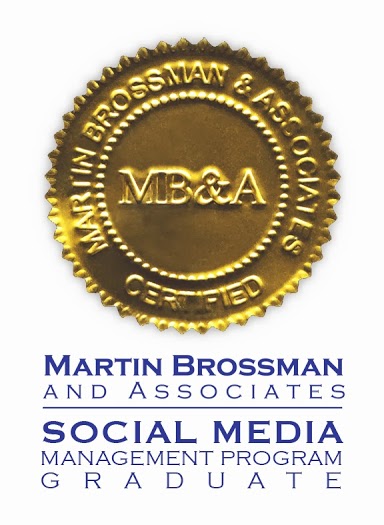Have you ever come home from a fantastic class or seminar, brimming with ideas and vision and action items for your business? Plenty of times, right? And almost as many times, two weeks later, you come across your notes in a pile on your desk, coffee-stained and wrinkled, and realize you haven’t taken action on a single idea.
What’s the fix? Take another class?
Unless you can find a class about “un-doing,” you already have all the skills you need to master this hack for a productive life. You simply need to remember to do it, or rather, un-do it.
The fix for not implementing the new ideas or new information you learned in an expensive class is to schedule the un-doing time, aka implementation or execution time, at the very same moment you schedule the class. That is, when you add the class to your calendar, book at least half the amount of time as follow up. Hard-code it, as we used to say in IT. Make an appointment with yourself.
If you’re taking a week-long class, it could be that an entire week of half-days of “follow up time” is too much. However, you may do well to schedule at least one hour a day for the following week, or perhaps four hours a week for the following month, to act on the content, ideas, and information you gained. You’d be surprised.
In most cases, I’m not fond of booking “activity” appointments with myself. I prefer to use my calendar for hard-stop events—scheduled appointments, phone calls, and webinars, events that if I don’t attend, I miss altogether. I my version of “getting things done” to keep track of assignments and project work.
However, booking a follow up time at the same time I move the class onto my calendar helps me to prevent calendar creep. When I see an “open” day or week, it can be too easy to allow an appointment or four to creep in. I don’t always remember to look at the previous week to remind myself that I will be doing something then that will require follow up in what appears to be “open” time.
Don Aslett, the cleaning and productivity maven, is a big fan of scheduling the Un- time.
- Party “afters”—dishes, food, cleaning
- Cleaning and putting away tools after a construction project
- Filing project papers and documenting lessons learned
In How to Handle 1000 Things at Once, Don adds that not scheduling and arranging for the “un-doing” of an activity, when that work has to be done anyway, casts a pall over the memory of the event (p. 64). Brides who don’t think about who will handle wedding gifts brought to the reception impose on their friends. When we don’t allow time to implement ideas from a class or presentation, we tend to blame the teacher, not our own scheduling ability.
In a recent blog post, behavioral economist Dan Ariely tells a story of a company that failed to allow any time for salving the emotional pain and de-motivation resulting from a canceled project. The people who commented on the post have a range of opinion about who was actually responsible for the employees’ feelings and reactions. Regardless, it is probable that a formal “un-doing” of the canceled project, rather than a curt, “quit working on that and do something else” message would probably have unruffled feathers and reduced turnover at the company.
When looking for new employees, hiring managers like to talk about “attention to detail” and “follow-through.” Larry Bossidy, retired CEO of Honeywell, wrote an entire book about this trait, called Execution. If you can’t demonstrate “follow-through,” you may be out of luck in the job hunt. (Hint—get a friend to proof read your resume. The #1 most common indicator of good attention-to-detail is no typos.) Now, some people are clearly better at execution than others, and some manager are all too easily fooled by a resume that has been carefully proofed, true. On the other hand, a substantial about of “attention to detail” is simply a productivity hack. Learn to schedule time for follow up.
People who commute learn to build a schedule that allows for drive time. If we live in high-traffic areas, we even manage drive times that vary by a factor of three, depending on rush hour conditions. Use the same skills to master un-doing. The longer the meeting and/or the newer or more challenging the material, the longer it will take to act on it. Block “un-do” time into your calendar when you schedule an event, and you’ll amaze yourself with your ability to act on new ideas.



Speak Your Mind